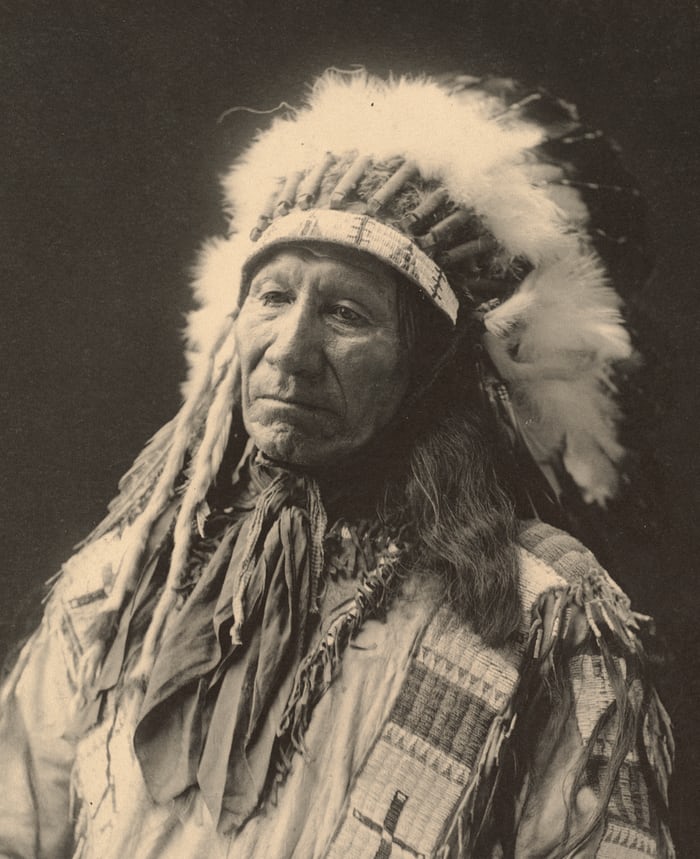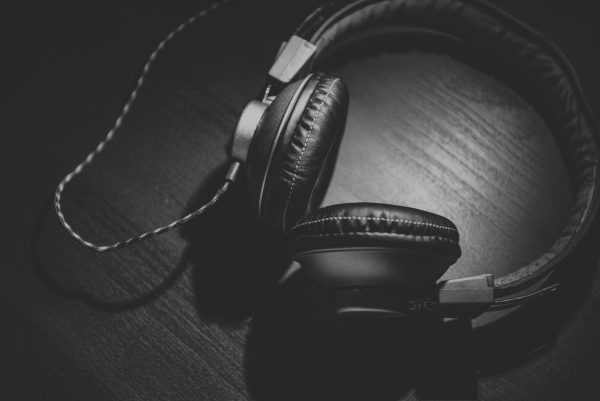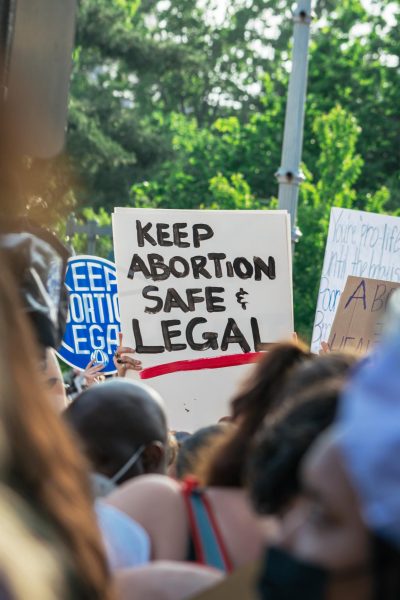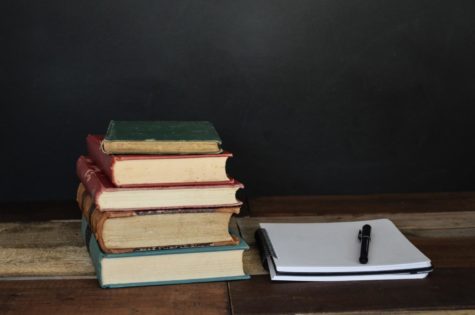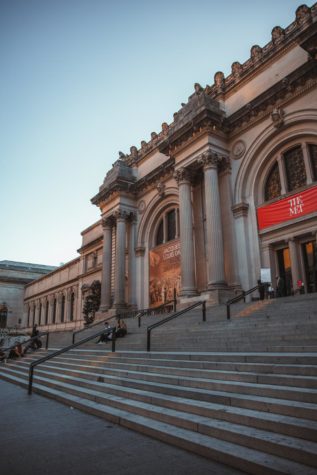It’s Indigenous Peoples Day, Not Columbus Day
November 2, 2020
For many Americans, October 12th is seen as a day of celebration to remember Italian explorer Christopher Columbus. Columbus’s 1492 voyage to the Americas was seen as incredible, a pivotal event for all involved. But was it really? Did this “monumental figure” really do anything at all?
Many Americans, myself included, now recognize October 12th as “Indigenous Peoples Day” rather than Columbus Day. To be quite frank, there really is no need to celebrate this “holiday.” For Native Americans, Columbus Day has always been a day of remembrance. Not for Christopher Columbus, but for the death of 90% of the Native American population.
From a young age, we have been taught to honor this figure. We were told that Columbus was a great European explorer who helped the Americas in many different ways. But now, we all know the truth. Christopher Columbus and his men were, as some people considered, “absolute monsters.” Shannon Speed, a citizen of the Chickasaw Nation and director of the UCLA American Indian Studies Center, said that Columbus’s voyage included “pillaging, raping and generally setting in motion genocide of the people who were already here. That’s not something we want to celebrate. That’s not something anyone wants to celebrate.”
The purpose of school is to educate, to educate with clear facts. For once, I’d like to be fed accurate information regarding the history of this “holiday.” This seems to be a widely shared opinion, as South Dakota, Berkeley, and other areas already recognize October 12th as Native Americans’ Day/Indigenous Peoples’ Day.
This year, more Americans are acknowledging the injustices that have faced the United States for so long. I think that the reason why so many people, including myself, are so passionate about this new holiday is partly due to this newfound social culture.



